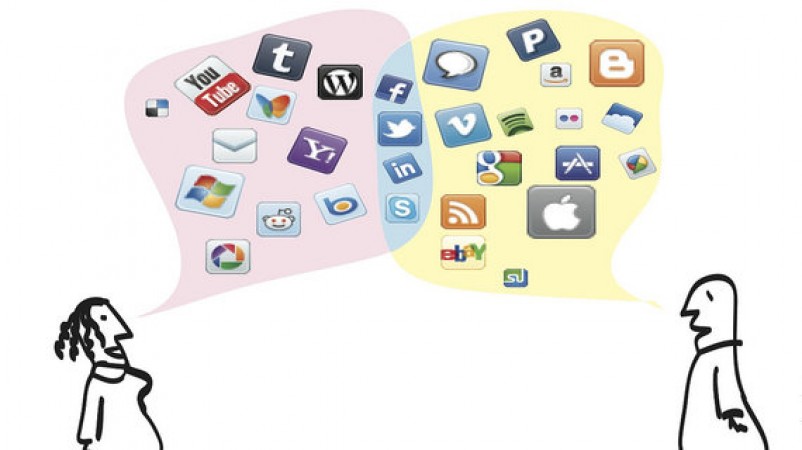
In today's digital age, social media has become an integral part of our lives. While it connects us with friends and allows us to share our lives, it also has a significant impact on our body image and self-esteem. This article explores the complex relationship between social media and our perception of ourselves.
Social media platforms like Facebook, Instagram, and TikTok have grown exponentially in recent years. They offer a platform for individuals to share their photos, thoughts, and experiences with the world. However, the curated nature of these platforms can have unintended consequences on how we view ourselves.
One of the primary ways social media affects our self-esteem is by perpetuating the illusion of perfection. People often post carefully selected photos that showcase their best angles, outfits, and moments. This curated version of reality can lead us to compare ourselves unfavorably to others, eroding our self-esteem.
Social media apps provide a plethora of filters and photo-editing tools that allow users to enhance their appearance. While these tools can be fun to use, they also contribute to an unrealistic standard of beauty. When everyone looks flawless online, it's easy to feel inadequate in comparison.
In the world of social media, likes, comments, and shares act as currency. The more likes a post receives, the more validation the user feels. This pursuit of external validation can lead to a constant need for approval, negatively impacting self-esteem.
While social media can be a source of connection, it also harbors a darker side. Cyberbullying and trolling are rampant, and negative comments or messages can be incredibly hurtful. Such online harassment can significantly affect one's self-esteem and body image.
Social media often portrays the highlight reels of people's lives. Constant exposure to others' achievements and adventures can lead to the "Fear of Missing Out" (FOMO). This feeling can undermine self-esteem as we wonder why our lives don't measure up.
Influencers on social media often set trends for fashion, beauty, and lifestyle choices. The pressure to conform to these trends can be immense, leading individuals to change their appearance and behavior to fit in.
As social media becomes a primary source of validation, people may find it challenging to seek validation through real-life interactions. This can result in decreased self-esteem when offline validation becomes scarce.
To mitigate the negative effects of social media on body image and self-esteem, it's essential to cultivate awareness and engage in self-reflection. Recognizing the curated nature of social media and its impact on your self-perception is the first step.
Setting boundaries and limiting your time on social media can help reduce its influence on your self-esteem. Designate specific times for checking your profiles and resist the urge to compare yourself constantly.
Take control of your social media experience by curating your feed. Follow accounts that promote body positivity, self-acceptance, and mental well-being. Unfollow accounts that trigger negative feelings.
Make an effort to seek validation and connection in real-life relationships. Building self-esteem through genuine human interactions can provide a more stable and healthy sense of self-worth.
Social media undoubtedly affects our body image and self-esteem in both positive and negative ways. While it can foster connection and community, it can also lead to unrealistic standards and constant comparison. By being mindful of our social media usage and prioritizing self-acceptance, we can navigate this digital landscape with a healthier sense of self-esteem.
Top 10 Interesting and Little-Known Facts About Google as It Turns 25
29 Ingenious Cooking Techniques Everyone Should Know
Microsoft's Windows 11 Unveils Exciting Features in Latest Preview Build